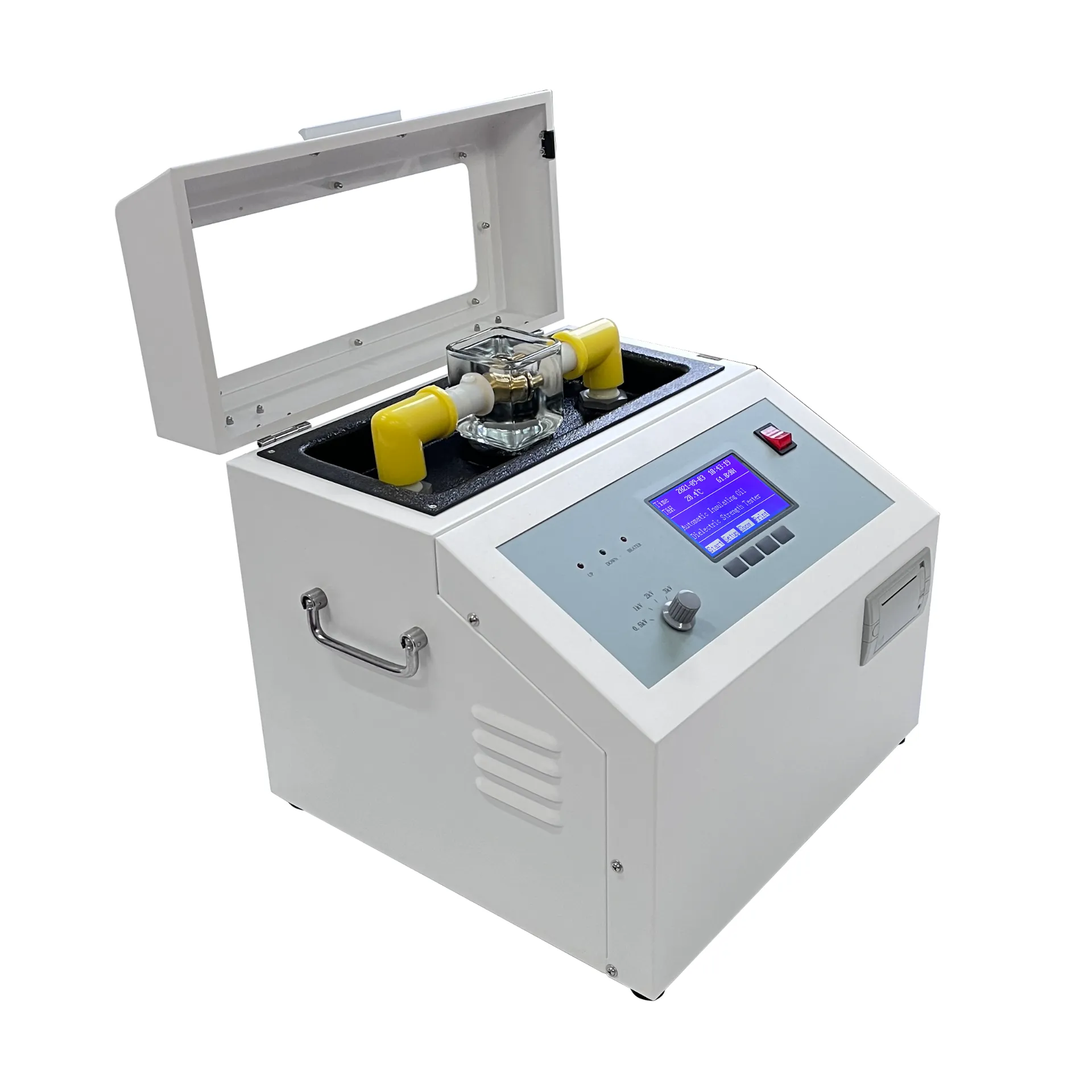 English
English



-
 Afrikaans
Afrikaans -
 Albanian
Albanian -
 Amharic
Amharic -
 Arabic
Arabic -
 Armenian
Armenian -
 Azerbaijani
Azerbaijani -
 Basque
Basque -
 Belarusian
Belarusian -
 Bengali
Bengali -
 Bosnian
Bosnian -
 Bulgarian
Bulgarian -
 Catalan
Catalan -
 Cebuano
Cebuano -
 China
China -
 China (Taiwan)
China (Taiwan) -
 Corsican
Corsican -
 Croatian
Croatian -
 Czech
Czech -
 Danish
Danish -
 Dutch
Dutch -
 English
English -
 Esperanto
Esperanto -
 Estonian
Estonian -
 Finnish
Finnish -
 French
French -
 Frisian
Frisian -
 Galician
Galician -
 Georgian
Georgian -
 German
German -
 Greek
Greek -
 Gujarati
Gujarati -
 Haitian Creole
Haitian Creole -
 hausa
hausa -
 hawaiian
hawaiian -
 Hebrew
Hebrew -
 Hindi
Hindi -
 Miao
Miao -
 Hungarian
Hungarian -
 Icelandic
Icelandic -
 igbo
igbo -
 Indonesian
Indonesian -
 irish
irish -
 Italian
Italian -
 Japanese
Japanese -
 Javanese
Javanese -
 Kannada
Kannada -
 kazakh
kazakh -
 Khmer
Khmer -
 Rwandese
Rwandese -
 Korean
Korean -
 Kurdish
Kurdish -
 Kyrgyz
Kyrgyz -
 Lao
Lao -
 Latin
Latin -
 Latvian
Latvian -
 Lithuanian
Lithuanian -
 Luxembourgish
Luxembourgish -
 Macedonian
Macedonian -
 Malgashi
Malgashi -
 Malay
Malay -
 Malayalam
Malayalam -
 Maltese
Maltese -
 Maori
Maori -
 Marathi
Marathi -
 Mongolian
Mongolian -
 Myanmar
Myanmar -
 Nepali
Nepali -
 Norwegian
Norwegian -
 Norwegian
Norwegian -
 Occitan
Occitan -
 Pashto
Pashto -
 Persian
Persian -
 Polish
Polish -
 Portuguese
Portuguese -
 Punjabi
Punjabi -
 Romanian
Romanian -
 Russian
Russian -
 Samoan
Samoan -
 Scottish Gaelic
Scottish Gaelic -
 Serbian
Serbian -
 Sesotho
Sesotho -
 Shona
Shona -
 Sindhi
Sindhi -
 Sinhala
Sinhala -
 Slovak
Slovak -
 Slovenian
Slovenian -
 Somali
Somali -
 Spanish
Spanish -
 Sundanese
Sundanese -
 Swahili
Swahili -
 Swedish
Swedish -
 Tagalog
Tagalog -
 Tajik
Tajik -
 Tamil
Tamil -
 Tatar
Tatar -
 Telugu
Telugu -
 Thai
Thai -
 Turkish
Turkish -
 Turkmen
Turkmen -
 Ukrainian
Ukrainian -
 Urdu
Urdu -
 Uighur
Uighur -
 Uzbek
Uzbek -
 Vietnamese
Vietnamese -
 Welsh
Welsh -
 Bantu
Bantu -
 Yiddish
Yiddish -
 Yoruba
Yoruba -
 Zulu
Zulu
karl fischer analysis
Understanding Karl Fischer Analysis A Comprehensive Guide
Karl Fischer analysis is a well-established analytical technique used to determine the moisture content in various substances. Named after the German chemist Karl Fischer, who developed the method in the early 20th century, it is widely utilized in pharmaceuticals, food and beverages, petrochemicals, and other industries where moisture content significantly affects quality and stability.
The Principle Behind Karl Fischer Titration
The core principle of Karl Fischer analysis revolves around a redox reaction between iodine and water. The reaction can be summarized as follows
\[ \text{H}_2\text{O} + \text{I}_2 + \text{SO}_2 + \text{Base} \rightarrow \text{HI} + \text{H}_2\text{SO}_4 + \text{Base} \]
During this titration, water (the analyte) reacts with iodine in the presence of a base (typically imidazole or pyridine) and sulfur dioxide, leading to the formation of iodide ions. The endpoint of the titration is determined by either visual indicators or instrumental methods, allowing for accurate quantification of the moisture content.
The method can be broadly categorized into two types volumetric and coulometric titration. Volumetric titration is generally used for samples with higher moisture content, while coulometric titration is suitable for trace levels of water, usually found in non-volatile substances.
Instrumentation and Procedure
Modern Karl Fischer titrators come equipped with a range of features that enhance the efficiency and accuracy of moisture analysis. A typical setup comprises a sample injection system, a titration cell, a stirring mechanism, and a detection system (which can be either potentiometric or photometric).
The procedure for conducting a Karl Fischer titration involves the following steps
1. Sample Preparation The sample must be prepared carefully, ensuring that it is homogenous. For solid samples, it may need to be dissolved in a suitable solvent, whereas liquids may be directly injected into the titration cell.
karl fischer analysis

2. Setting up the Instrument The titrator must be calibrated prior to use. This includes ensuring that the reagents are fresh and that the system is free of air as moisture from the environment can interfere with results.
3. Titration Process Once the sample is introduced, the titration process is initiated. The iodine reacts with any water present in the sample until all water molecules are consumed.
4. Determining the Endpoint Depending on the method used, the endpoint of the titration is detected. In potentiometric titrations, an electrode changes potential when a specific amount of iodine is added, while photometric detection may involve a color change.
5. Data Analysis Finally, the data collected is analyzed and the moisture content is calculated based on the amount of titrant used.
Applications of Karl Fischer Titration
Karl Fischer analysis is invaluable across various industries. In pharmaceuticals, it ensures compliance with regulatory standards by accurately measuring the water content in drugs and formulations. Excess moisture can compromise stability, efficacy, and shelf life.
In the food industry, moisture content is crucial for both safety and quality. High moisture levels can lead to spoilage and microbial growth. Karl Fischer titration provides manufacturers with the precision needed to maintain product quality.
Additionally, in the petrochemical sector, knowing the water content of products like fuels and lubricants is vital to avoid corrosion and maintain performance standards.
Conclusion
Karl Fischer analysis is a critical method for moisture determination, offering unparalleled accuracy and reliability. Its widespread application across various sectors underscores its importance in quality control and compliance. As technologies continue to advance, the efficiency and capabilities of Karl Fischer titration are expected to improve further, ensuring that it remains a cornerstone technique in analytical chemistry. For anyone involved in industries sensitive to moisture content, understanding and utilizing Karl Fischer analysis is essential for maintaining product integrity and safety.
-
Transformer Test Essentials: Insulating Oil Tester and TypesNewsMay.30,2025
-
Grease Testers and Oil Determination OverviewNewsMay.30,2025
-
Exploring Electricity Usage Testers and GeneratorsNewsMay.30,2025
-
Essential Guide to Transformer Oil Testing ToolsNewsMay.30,2025
-
Ensuring Safety with a Circuit Breaker FinderNewsMay.30,2025
-
Electrical Safety Tools Hipot, Dielectric, VLF TestersNewsMay.30,2025



